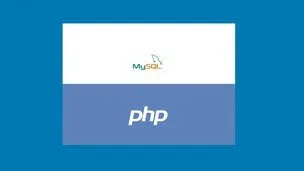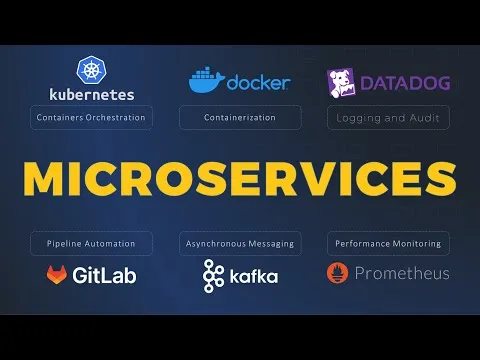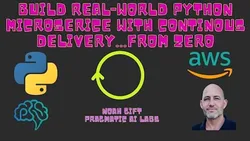
Develop a reactive Java microservice with ReactiveJ 
This course will teach you how to develop a non-blocking, reactive and asynchronous Java microservice with ReactiveJ and RxJava2. You will learn the main concepts of reactive programming, JSR 340 and servlets 3.1 specification, advantages of reactive programming, non-blocking embedded Jetty, ReactiveJ non-blocking and asynchronous library, and how to develop a synchronous and blocking app with ReactiveJ and a asynchronous and non blocking app with ReactiveJ and RxJava2. ▼
ADVERTISEMENT
Course Feature
![]() Cost:
Cost:
Free
![]() Provider:
Provider:
Udemy
![]() Certificate:
Certificate:
No Information
![]() Language:
Language:
English
![]() Start Date:
Start Date:
On-Demand
Course Overview
❗The content presented here is sourced directly from Udemy platform. For comprehensive course details, including enrollment information, simply click on the 'Go to class' link on our website.
Updated in [May 25th, 2023]
What skills and knowledge will you acquire during this course?
The skills and knowledge that will be acquired during this course include:
- Understanding the main concepts of reactive programming
- Developing a reactive microservice using Java, ReactiveJ, and RxJava2
- Implementing non-blocking and asynchronous functionality in a Java microservice
- Utilizing the JSR 340 and servlets 3.1 specification in reactive programming
- Exploring the advantages of reactive programming
- Implementing a non-blocking embedded Jetty server
- Developing a synchronous and blocking application using ReactiveJ
- Developing an asynchronous and non-blocking application using ReactiveJ and RxJava2
How does this course contribute to professional growth?
This course on developing a reactive Java microservice with ReactiveJ and RxJava2 contributes to professional growth by providing an opportunity to learn and apply the main concepts of reactive programming. Participants will gain knowledge and skills in creating a Java microservice using ReactiveJ and RxJava2. The course covers topics such as the advantages of reactive programming, the JSR 340 and servlets 3.1 specification, and the use of non-blocking embedded Jetty. Additionally, participants will learn how to develop both synchronous and blocking applications with ReactiveJ, as well as asynchronous and non-blocking applications with ReactiveJ and RxJava2. Overall, this course equips individuals with valuable expertise in reactive programming and the development of reactive microservices, enhancing their professional capabilities.
Is this course suitable for preparing further education?
This course is suitable for preparing further education as it teaches the main concepts of reactive programming and how to develop a reactive Java microservice using ReactiveJ and RxJava2. The course covers topics such as the advantages of reactive programming, the JSR 340 and servlets 3.1 specification, non-blocking embedded Jetty, and the development of both synchronous and asynchronous applications using ReactiveJ.
Pros & Cons

Simple and efficient.

Starting project from Github.

Well structured and explained.

Good practical part.

Good for complete beginners.

Limited coverage of RxJava2.

No modern enterprise techs.

No extra/bonus section.

No demonstration of benefits.

Very basic course.
Course Provider

Provider Udemy's Stats at AZClass
Discussion and Reviews
0.0 (Based on 0 reviews)
Explore Similar Online Courses

Practical Understanding of PHP and MySQL

Astronomy: Exploring the solar system

Python for Informatics: Exploring Information

Social Network Analysis

Introduction to Systematic Review and Meta-Analysis

The Analytics Edge

DCO042 - Python For Informatics

Causal Diagrams: Draw Your Assumptions Before Your Conclusions

Whole genome sequencing of bacterial genomes - tools and applications

Microservices Explained in 5 Minutes

Microservices Architecture and Implementation on NET 5

Build Real-World Python Microservices with Continuous Delivery From Zero
 Related Categories
Related Categories
 Popular Providers
Popular Providers
Quiz
 Submitted Sucessfully
Submitted Sucessfully
1. What is the main purpose of this course?
2. Which library is used to develop a reactive microservice with Java?
3. What are the arguments of the course?


Start your review of Develop a reactive Java microservice with ReactiveJ